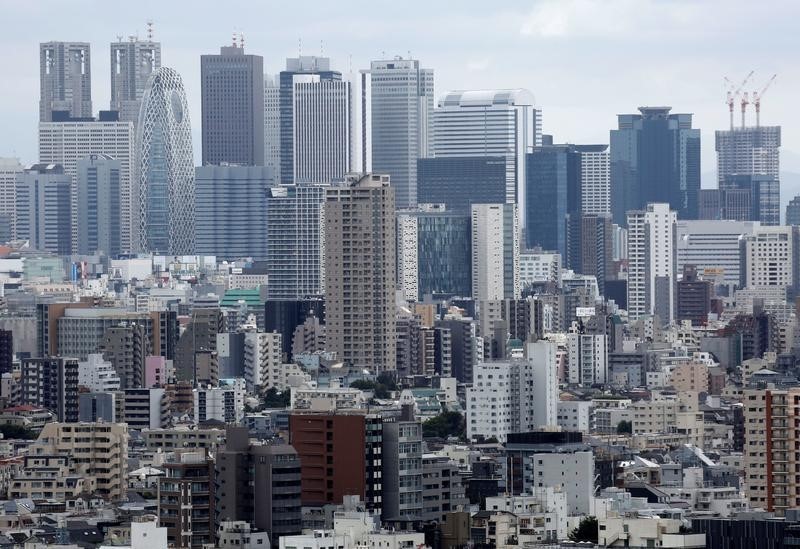Image: Residential and commercial buildings are pictured in Tokyo, Japan, August 16, 2016. Picture taken on August 16, 2016. REUTERS/Kim Kyung-Hoon
By Priyanka Moorjani
LONDON (Thomson Reuters Foundation) – As the world sees the biggest wave of urban growth in history, with millions of people flocking to the fast-growing cities of the developing world, cities are coming under the spotlight as never before.
How do cities cater for their new residents? What makes a city unique, and what makes it liveable?
In 2014, the United Nations launched Oct. 31 as World Cities Day to promote awareness of global urbanization and highlight the need for cooperation to meet the challenges of growth.
Here are 10 facts about cities:
1. Around 54 percent of the world population currently live in urban areas which is forecast to rise to 66 percent by 2050
2. The urban population rose to 3.9 billion in 2014 from 746 million in 1950, according to the United Nations
3. Cities may be home to growing numbers of people, but cover less than 1 percent of the world’s surface
4. There are now 28 mega-cities – with populations of 10 million plus – compared to just 10 mega-cities in 1990
5. Tokyo is the world’s largest city, with the greater Tokyo area housing about 38 million inhabitants
6. Asia is home to about 53 percent of the world’s urban population while Europe is home to 14 percent, and 13 percent live in Latin America and the Caribbean
7. With a population of just 500, the Vatican is the world’s smallest independent state
8. China has its own version of a European city called “Thames Town”. Located 19 miles (30 kms) outside Shanghai, its architecture is based on a British market town, with red telephone boxes, corner shops and cobblestone streets
9. The world’s most creative city is Al-Ahsa in Saudi Arabia, according to UNESCO’s Creative Cities’ Network
10. According to the Quality of Living Rankings by consultancy Mercer, in 2016 the city offering the best quality of life was Vienna, with Zurich coming second.
(Sources: United Nations, UNESCO, Mercer)
(Editing by Jo Griffin; Please credit the Thomson Reuters Foundation, the charitable arm of Thomson Reuters, that covers humanitarian news, women’s rights, trafficking, property rights and climate change. Visit http://news.trust.org)
Copyright 2015 Thomson Reuters. Click for Restrictions.


